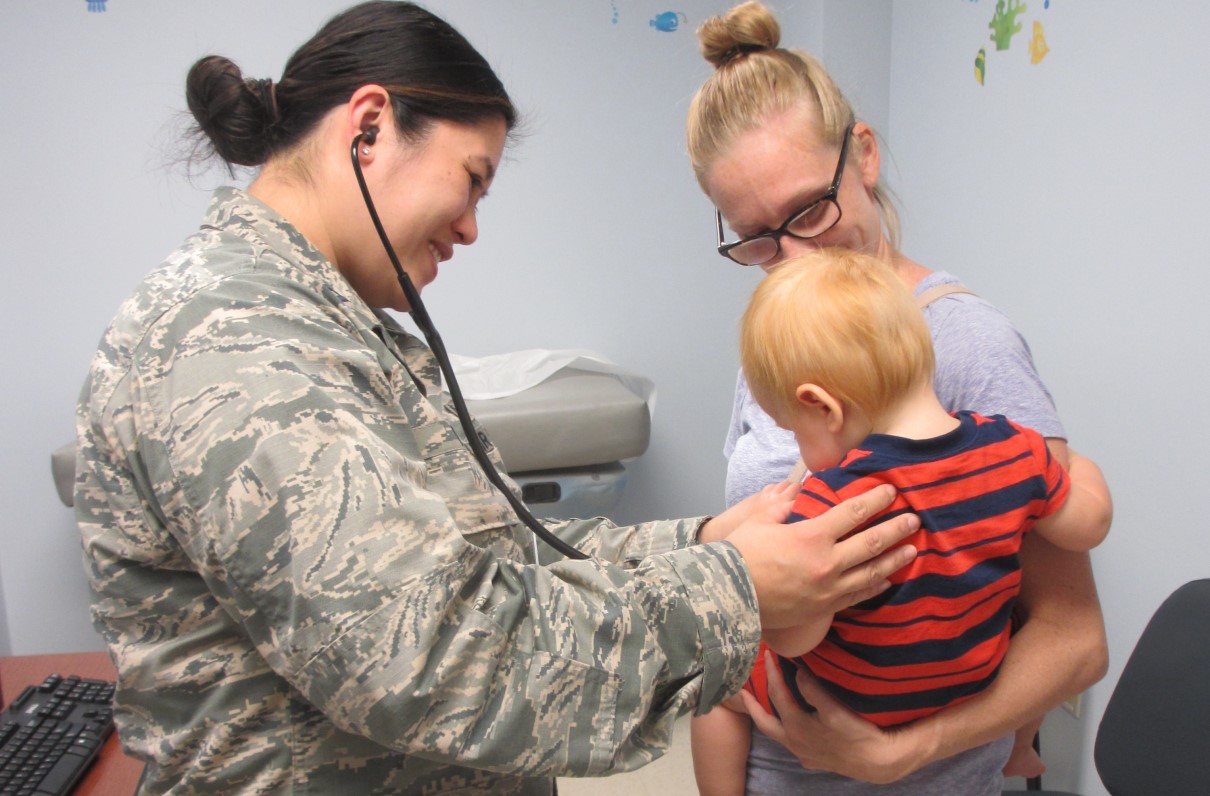(Updated July 21 to reflect new section numbers in latest House version of the National Defense Authorization Act)
MOAA moved one step closer to halting cuts to the military health system with the recent release of the House Armed Services Committee (HASC) Subcommittee on Military Personnel mark of the FY 2021 National Defense Authorization Act (NDAA).
Virtual Storming the Hill efforts paid off with two provisions in H.R. 6395, the HASC version of the NDAA, directly addressing our Storming issue by temporarily halting medical billet cuts and military treatment facility (MTF) restructuring, and adding new reporting requirements and congressional oversight:
- Section 715, Modification to Limitation on the Realignment or Reduction of Military Medical Manning End Strength, would amend the reporting requirements on medical billet cuts (mandated by the FY 2020 NDAA) to add a review of medical manpower requirements related to homeland defense missions and pandemic influenza. It also prohibits any realignment or reduction of military medical end strength for one year after the date of enactment of the FY 2021 NDAA.
- Section 716, Modifications to Implementation Plan for Restructure or Realignment of Military Medical Treatment Facilities, specifies additional reporting requirements on MTF restructuring (amending Section 703 of the FY 2017 NDAA) to address concerns about the quality and availability of civilian providers, along with other issues raised in the recently released GAO evaluation of DoD’s MTF restructuring plan. The HASC provision also prevents DoD from implementing the MTF restructuring plan for one year following the new Section 703 report submission or the passage of the FY 2021 NDAA, whichever is later.
[TAKE ACTION: Ask Your Senators to Support These House NDAA Provisions]
MOAA was disappointed the Senate Armed Services Committee (SASC) did not include similar provisions in its version of the NDAA, but we will continue the fight by pivoting to Senate offices, seeking support for the HASC provisions as the NDAA process moves forward.
Legislation is critical to protecting beneficiary access to care even though Assistant Secretary of Defense for Health Affairs Thomas McCaffery has stated that all MTF restructuring decisions will be conditions-based – that is, the Defense Health Agency (DHA) won’t move forward with restructuring if there is insufficient capacity in the civilian network to absorb patient care moved out of MTFs.
MOAA remains concerned about DHA’s ability to effectively plan and execute MTF restructuring and billet cuts, particularly while the agency is also transitioning MTFs to DHA administration and management, implementing changes to TRICARE, and responding to external factors such as the COVID-19 pandemic.
MOAA supports military health system (MHS) reforms aimed at increasing military medical provider readiness, achieving efficiencies, and improving the patient experience, but our top priority is protecting access to care. We believe legislation is needed to slow down the process and insert reporting requirements and oversight mechanisms at every possible junction to ensure DHA conducts qualified analysis and planning for any patient care moved out of MTFs.
Please support our efforts by contacting your senators today and urging them to support the HASC provisions as the FY 2021 NDAA process continues.
Support The MOAA Foundation
Donate to help address emerging needs among currently serving and former uniformed servicemembers, retirees, and their families.

